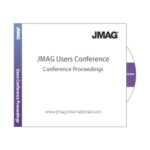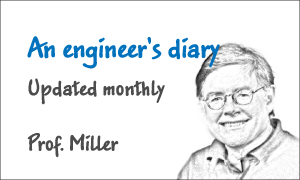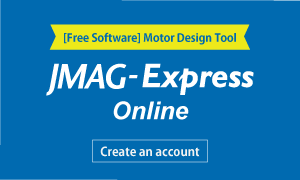Sigrid JACOBS / Jan RENS
Global R&D, ArcelorMittal
Abstract
Both Europe and Japan committed to carbon neutrality by 2050. ArcelorMittal Europe will furthermore reduce its emissions by 30% by 2030. The clean energy transition accompanies the green transport evolution, with electrification of transport on land, sea and air. Steel, as ferromagnetic material is at the heart of the required propulsion systems.
In this paper 2 specific linear machines for high-speed rail applications are optimized regarding ferromagnetic material selection, and analysed regarding core losses.
Firstly, a Linear Synchronous Motor for the propulsion of a hyperloop application is presented. The analysis will focus on the selection of suitable materials for the structural support of the stator to minimize stray losses, and on the calculation of iron losses within the stator yoke.
Secondly, an eddy-current brake for high speed rail applications is studied in terms of the material selection in the stator. The analysis will initially investigate the use of homogeneous stator materials by comparing a number of commercially available steels. The measurement methodology to determine resistivity and permeability up to high fields is discussed, and the implications for the extrapolation approach to saturation as input for the modelling is presented.
Further, the use of gradient materials is investigated in order to demonstrate the effect of specific surface properties or the use of multi-layered materials. It is shown that such materials can affect the distributions of current and flux in the stator and increase the skin depth. Finally, a thermal model is presented to demonstrate that the temperature rise of the stator remains within acceptable limits.
ArcelorMittal has committed itself to being carbon neutral by 2050 and is already bringing forward greener steel solutions. We can therefore assure our ferromagnetic materials will be a sustainable part of the further electrified transport systems.
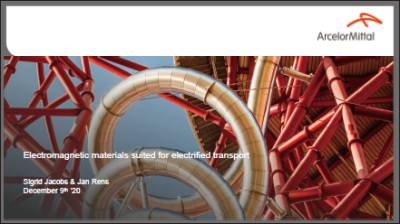
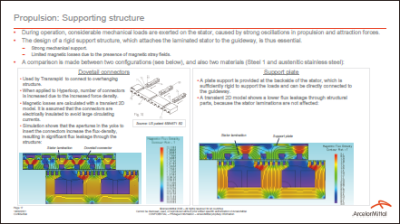
You need to sign in as a Regular JMAG Software User (paid user) or JMAG WEB MEMBER (free membership).
By registering as a JMAG WEB MEMBER, you can browse technical materials and other member-only contents for free.
If you are not registered, click the “Create an Account” button.
Create an Account Sign in

